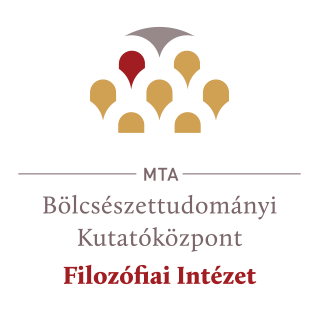Routledge has published the edited volume on
Science, Freedom, Democracy
(edited by Péter Hartl and Ádám Tamás Tuboly)
This book addresses the complex relationship between the values of liberal democracy and the values associated with scientific research. The chapters explore how these values mutually reinforce or conflict with one another, in both historical and contemporary contexts.
The contributors utilize various approaches to address this timely subject, including historical studies, philosophical analysis, and sociological case studies. The chapters cover a range of topics including academic freedom and autonomy, public control of science, the relationship between scientific pluralism and deliberative democracy, lay-expert relations in a democracy, and the threat of populism and autocracy to scientific inquiry. Taken together the essays demonstrate how democratic values and the epistemic and non-epistemic values associated with science are interconnected.
Science, Freedom, Democracy will be of interest to scholars and graduate students working in philosophy of science, history of philosophy, sociology of science, political philosophy, and epistemology.
Table of contents:
Péter Hartl and Adam Tamas Tuboly: Science, Freedom, Democracy: Introduction
Phil Mullins: Michael Polanyi's Post-Critical Vision of Science and Society
Péter Hartl: The Ethos of Science and Central Planning: Merton and Michael Polanyi on the Autonomy of Science
Heather Douglas: Scientific Freedom and Social Responsibility
Janet Kourany: Bacon’s Promise
Hans Radder: Which Science, Which Democracy, and Which Freedom?
Hugh Lacey: Participatory Democracy and Multi-Strategic Research
Dustin Olson: Public Opinion, Democratic Legitimacy, and Epistemic Compromise
Jeroen Van Bouwel: Are Transparency and Representativeness of Values Hampering Scientific Pluralism?
Lidia Godek: Max Weber’s Value-Judgment and the Problem of Science Policy-making


